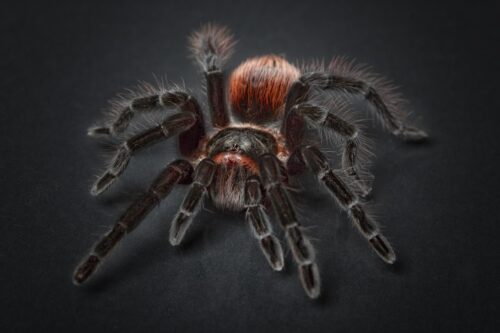
This article is authored by Alan Garcia and Arielle Radin and is a part of the 2018 pre-graduate spotlight weekDespite being unpleasant, fear and anxiety are critical to our survival since they allow us to predict and escape from aversive events that m …

This article is authored by Sydney Simon and Lucy Cui and is a part of the 2018 pre-graduate spotlight week. Fingernails tapping on plastic, the sharp snips of metal scissors cutting hair, droplets of water plopping into a puddle; many consider these s …

This article is authored by Rachel Storer with the mentorship of Sarah M. Tashjian and is a part of the 2018 pre-graduate spotlight week.It wasn’t until 1960 that linguists began to consider sign language a language separate from spoken language (Stoko …

Last year, Psychology in Action celebrated it’s 10 year anniversary here at UCLA! Over the years, we have published hundreds of blog posts, hosted numerous of science communication events, and have continued to provide UCLA psychology graduate students …

Myth: Autism is characterized by social aversion or social avoidance

Being kind to others can have positive consequences for our health and recent research suggests it triggers the same regions in our brain that are active when we receive rewards. Scientists are trying to understand how to encourage people to engage in more kind behaviors.
Have you seen the billboards by Autism Speaks? “Sensory sensitivity is a sign of autism”. As an autism researcher, I think it’s absolutely wonderful to increase awareness of the symptom profile of individuals with autism spectrum disorder (ASD). …
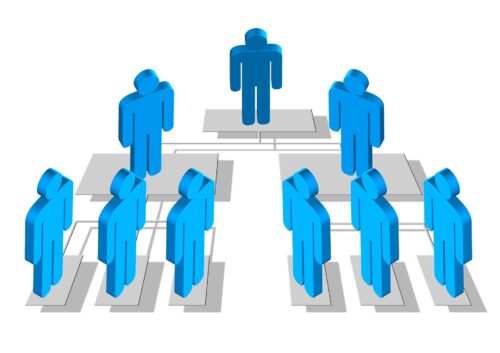
People are naturally social—every day we interact with other people. However, these interactions do not occur in isolation; rather, they are couched within a larger social hierarchy tha …
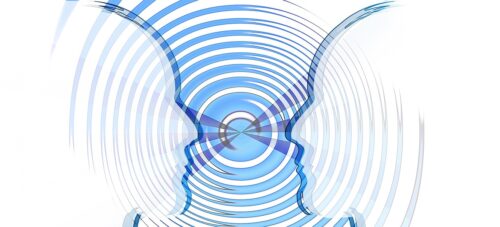
Normal 0 false false false EN-US JA X-NONE /* Style Definitions */ table.MsoNormalTable {mso-style-name:”Table Normal”; mso-tstyle-rowband-size:0; mso-tstyle-colband-size:0; mso-style-noshow:yes; mso-style-priority:99; mso-style-parent:””; mso-padding-alt:0in 5.4pt 0in 5.4pt; mso-para-margin:0in; mso-para-margin-bottom:.0001pt; mso-pagination:widow-orphan; font-size:12.0pt; font-family:Cambria; mso-ascii-font-family:Cambria; mso-ascii-theme-font:minor-latin; mso-hansi-font-family:Cambria; mso-hansi-theme-font:minor-latin;} Normal 0 false false false EN-US JA X-NONE /* Style Definitions */ table.MsoNormalTable {mso-style-name:”Table Normal”; mso-tstyle-rowband-size:0; mso-tstyle-colband-size:0; mso-style-noshow:yes; mso-style-priority:99; mso-style-parent:””; mso-padding-alt:0in 5.4pt 0in 5.4pt; mso-para-margin:0in; mso-para-margin-bottom:.0001pt; mso-pagination:widow-orphan; font-size:12.0pt; font-family:Cambria; mso-ascii-font-family:Cambria; mso-ascii-theme-font:minor-latin; mso-hansi-font-family:Cambria; mso-hansi-theme-font:minor-latin;} When a good friend has a rough day and tells us how they feel, or when we read news articles about peoples’ lives in war-torn nations, we often feel bad. But is just feeling bad the same as feeling empathy?

Behavioral health interventions yield much stronger outcomes in controlled research settings, as compared to the community settings in which they are most often applied. Adjustments in the training and development of community providers may help to address this gap.
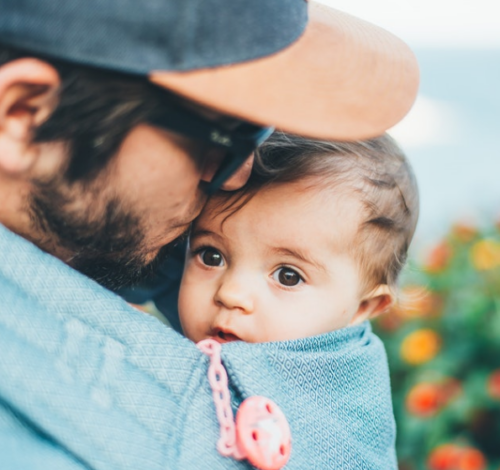
Babies are so much more capable than we give them credit for. The analogy that young children’s minds are like sponges overlooks the active role infants play in their development. But what tools are at their disposal that facilitates this active participation? Long before infants can walk or talk, they use vision as a key way to explore the world around them.
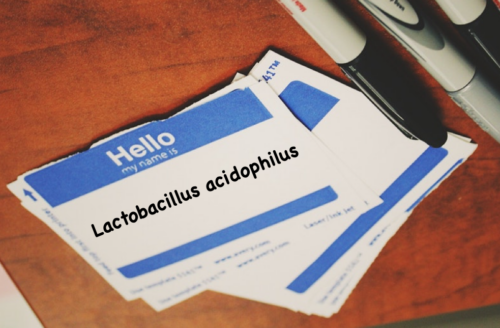
Did you ever make a decision based on gut feelings? See, you’ve been experiencing the gut-brain connection this entire time!

The interview process is different at every school, for every department, and no two students have the same experience. However, there are some basic pieces of advice that apply to a wide range of Ph.D. Psych interview weekends.

You have a test this week, so you lay out your set of highlighters, open your textbook (for what may be the first time), and embark on your mission to know every important detail for your test. This is a common experience and everyone seems to think that highlighting ‘key points’ in the text is essential to studying, but is it really as helpful as we think it is?
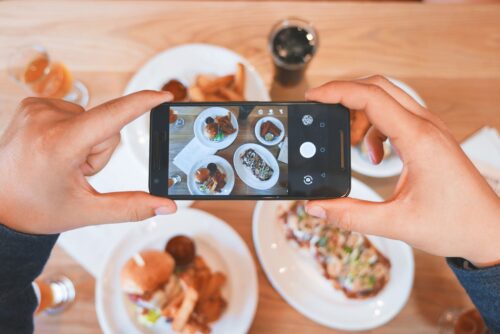
Our brains haven’t evolved to reward us for eating healthy foods or exercising. Can we engineer our own positive feedback loops to promote these behaviors using social media?

While Asian Americans are typically depicted as intelligent, high-achieving, and law-abiding, such stereotypes may not be as innocuous as you think. The Model Minority Myth has several consequences for the mental health, academic achievement, and institutional support (e.g., school and governmental programs) available to this population.

Adolescents who are evening-types tend to report several negative outcomes on a variety of measures compared to their morning-type counterparts.
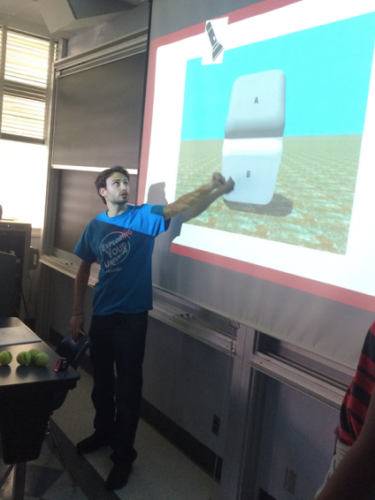
“I don’t believe my brain!” Guests of all ages were shocked by the tricks their brains played on them during PIA’s Psychology and the Brain exhibition at UCLA’s 9th annual Explore Your Universe (EYU) science festival. The event brought in over 7,000 Lo …
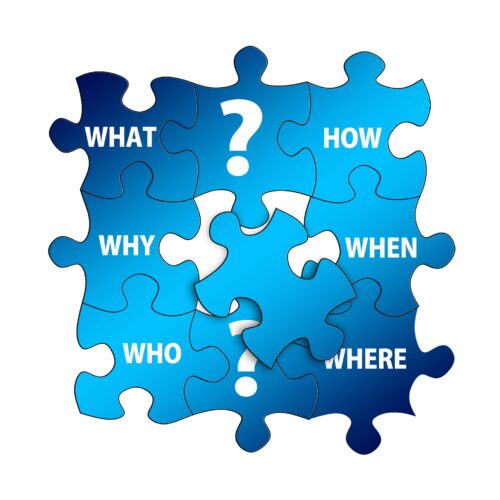
Humans and non-human animals alike have to process and respond to specific information about their social environments in order to navigate the social world. But language seems to shape how we process and respond to such information. So are certain forms of social cognition uniquely human?
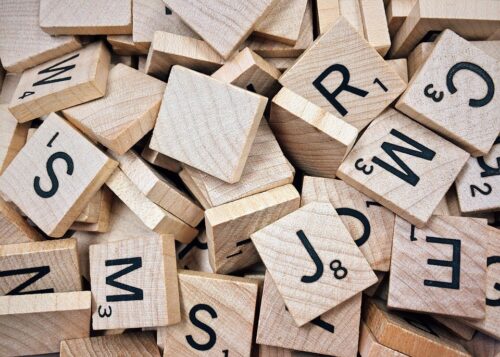
Somewhere along the way, we all started believing that if we want to come off as intelligent, we need to use big and flowerly language, and use it often. However, psychological research has investigated this assumption, and the results are surprising.
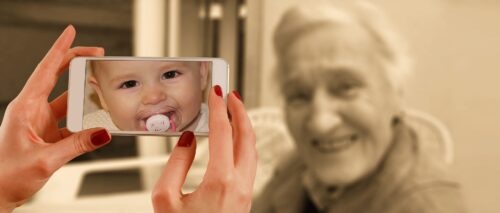
In my last article, I talked about epigenetics and how we can measure epigenetic changes (read here if you missed it). Now we’re moving on to the good stuff—how we assess epigenetic aging and what it means for biological and psychological research.Many …